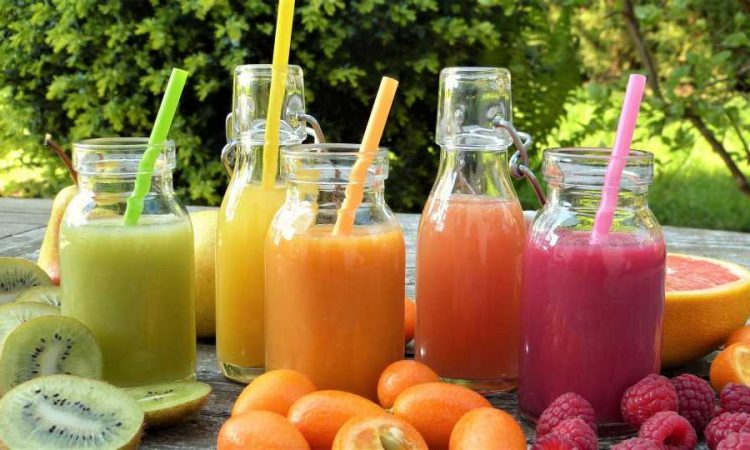
It’s important to give the body the calories and nutrients it needs to fuel it during all kinds of exercise in the summer, said Kristen Chang, sports dietitian and assistant director of the Master of Science in Nutrition and Dietetics program in the Department of Human Nutrition, Foods, and Exercise.
As the summer heat cranks up, hydration and nutrition are critical to keeping up with all the outdoor workouts and activities, says Kristen Chang, MS, RDN, CSSD and the assistant director of nutrition and dietetics in the Department of Human Nutrition, Foods, and Exercise at in the College of Agriculture and Life Sciences.
It’s important to give the body the calories and nutrients it needs to safely exercise in the summer heat, Chang said.
“For summer workouts, it’s important to make sure that adequate carbohydrates, fluids and electrolytes are consumed. You need to make sure that proper levels of blood sugar are maintained throughout the workout. You never don’t want to go into a workout hungry,” Chang said.
Chang recommends being deliberate about what is consumed before exercise in the summer months to account for increased water loss from sweat. This can include increased fluids and electrolytes, or foods with a higher water content including:
- Melons, such as watermelon, cantaloupe, and honeydew
- Soups
- Smoothies
- Apples
- Berries
- Pineapple
- Bell peppers, tomatoes, celery
Exercisers should pay careful attention to hydration before and after workouts, Chang said.
“You need to make sure that when you’re sweating a lot, you’re replacing the lost nutrients,” Chang said. “Have a water bottle and sip on it throughout the day. If you are a heavy sweater or are doing longer workout outdoors, you need to replenish electrolytes or get some sodium to replace what has been lost through sweat.”
“It’s really important to include a quality source of electrolyte, which could be in the form of a sports drink or salty foods to complement water,” Chang said.
“As a sports dietitian, I tell people to listen to their bodies in terms of hydration status,” Chang said. “An easy way to do that is to monitor the color of your urine. If it’s dark and concentrated and you’re not going to the bathroom much, you need to drink more fluids. If your urine is consistently clear and you’re making frequent pitstops, you may be overhydrating.”
For energy replenishment after a workout, Chang recommends a snack or meal that includes easily digestible carbohydrates and protein.
“Especially in the summer heat, a lot of people finish their workouts and just aren’t hungry. They lack an appetite and don’t want to eat,” Chang said. “Regardless, it’s important to give your body nutrients to recover. In these cases, liquid nutrients are easier, like milk, juice or smoothies.”
As the mercury reaches its highest point, Chang said it’s important to ease into outdoor workouts.
Source: Read Full Article
